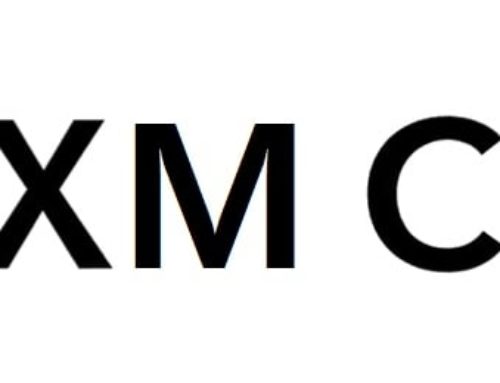How Acquia certifications reformed Drupal outsourcing
High Score Labs News • Apr 26, 2021
At the inception of the Acquia Certification Program in March 2014, its effects on the dev world were unprecedented. Recruiters and companies finally had a scale of competence to measure talent. Still, there were concerns about how it would affect the potential for Drupal developers who had not been certified to obtain outsourced jobs and gain the experience they would need to take the test.
With the surge in remote work recently, companies and agencies are very concerned about the competence and level of skill the developers or teams they outsource jobs possess. It’s a very understandable concern as no one wants to outsource to a redundant developer and lose money on their projects.
Thus, when agencies perceive Drupal developers outside the US and Europe as inferior to native developers, such perceptions persist. Post-2014, this perception has extended to include uncertified Drupal developers. While not possessing certified status might indicate less competence, it’s not a fair assumption given the unbalanced world we live in today. To understand this line of reasoning, let’s take a closer peek at the Acquia Academy certification test.
The Acquia Academy test format
The test questions are based on real-life scenarios, and it tests a Drupal developer’s problem-solving skills. It’s a pretty airtight system.
The problem with the certification test is that developers must have acquired vast experience using different codes and syntaxes. If you’ve only ever studied a line of code without using it in the past, you will find it difficult to answer questions about that code. Now, this can put many Drupal developers at a disadvantage when it comes to securing employment. How do you say?
Well, given that one needs to have immersed themselves in the Drupal environment and gained tons of experience to be prepared for the certification test, they’d need to work for a real company first, with some opting to place ads on outsourcing websites. Companies looking to outsource are, however, looking to hire Acquia certified Drupal developers.
Ergo, while Acquia certification is an excellent way to measure a Drupal developer’s real-world experience and their skill at solving problems with it, it doesn’t represent and cannot replace their actual work or their contribution to the Drupal project.
On the contrary, regardless of their geographic location or the number of certifications they possess and given the suitable support systems, any adept Drupal developer can rise to the occasion and perfectly handle any outsourced projects that come their way. That said, given the less-than-ideal world we live in, certification can help validate freelance developers’ competence. Besides, it’s often a requirement from clients.
Conclusion
Almost a decade down the line, the Acquia Academy certification tests have served as a means of validation for Drupal developers. They are effectively reforming global delivery by Drupal dev teams. However, current situations can be improved upon, majorly by putting measures in place that’ll benefit all and eliminate much of the bias that exists in the sector.
Contact us today!






